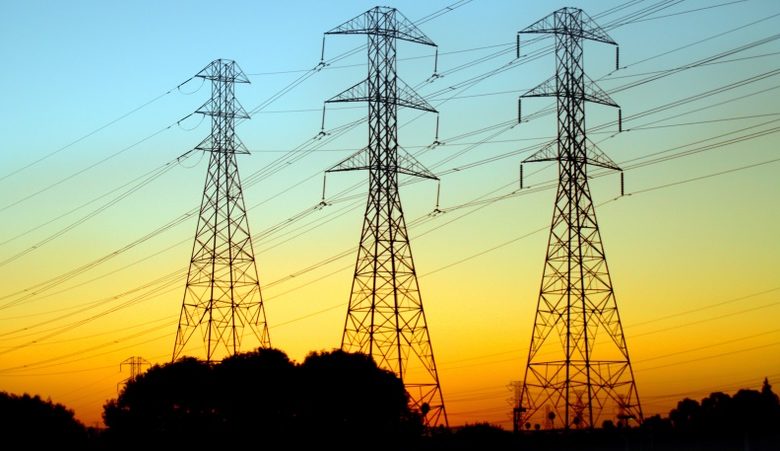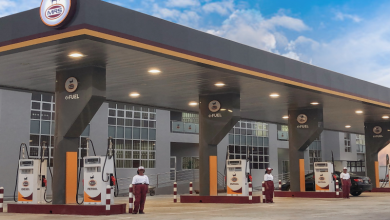Discos generate N293bn despite blackout

Power distribution companies made a total of N292.71bn revenue in the first quarter of this year despite complaints of inadequate electricity supply by consumers and concerns about the huge indebtedness for power generation by producers of the product.
Latest fact sheets on the commercial performance of distribution companies obtained from the Nigerian Electricity Regulatory Commission on Wednesday showed that the power firms raked in N95.26bn as revenue collections from their various customers in January 2024.
The NERC documents indicated that the 11 Discos had billed power users under their respective franchise areas a total of N130.92bn in January this year.
In February, the power firms billed their customers N113.05bn but collected a total revenue of N97.01bn.
The revenue collection by Discos increased in March to N100.44bn, out of a total billing of N126.56bn in the third month of the year.
But as electricity distributors smile to their banks, power producers, on the other hand, have continued to complain about the lack of adequate payment for the electricity they produce and supply to the national grid.
Similarly, consumers have also raised alarm over the poor supply of electricity across many locations in Nigeria by Discos.
On Sunday, for instance, power generation companies declared that the sector’s indebtedness to companies that produce electricity had increased to N3.7tn and that this was a threat to further electricity production.
Electricity producers under the aegis of the Association of Power Generation Companies drew the attention of the Federal Government and key stakeholders to the need to urgently address the issue of inadequate payment for electricity generated by Gencos and consumed on the national grid.
They said the inadequate payment was currently threatening the continued operation of their power generation plants, according to a that was statement issued in Abuja by the Board Chairman, Power Generation Companies, Col. Sani Bello (rtd).
“Gencos are currently owed over N2tn for the power they had generated, put onto the national grid, and consumed by end users. This is in addition to the over N1.7tn funding gap created in the recent supplementary MYTO order 2024 without a designated fund to fill the gap.
“This huge debt outlay is now greatly inhibiting Gencos’ ability to meet their obligations to lenders, necessary maintenance, spare parts procurements, employee-related commitments, etc.
“The Gencos’ expectations of being settled through external support such as the World Bank Power Sector Recovery Programme have also been dampened due to other market participants inability to meet their respective distribution linked indicators enshrined in the PSRP,” the firms had stated.
They said access to forex is another problem given that major operation and maintenance needs in the generation subsector are dollarised, as the importance of a specialised window or stable dollar allocation option for the Gencos cannot be overemphasized.
“Gencos are of the position that there is need for a coordinated approach by all stakeholders in the NESI (Nigeria Electricity Supply Industry) to address the liquidity issue realistically and sustainably in the power sector so that Nigerians can have access to reliable electricity supply.
“In the light of the severity of the issues highlighted above, the Gencos are requesting that immediate and expedited action is taken to prevent national security challenges that may result from the failure of the Gencos to sustain steady generation of electricity for Nigerians.
“Gencos liquidity challenges is further worsened by the various policies introduced such as the payment waterfall in the NESI, which deprioritises payment to Gencos. The implication of this is that Gencos only get paid a portion of their invoices (nine per cent, 11 per cent) from whatever amount is left,” the stated.
This, according to the power firms, was an aberration as it is a clear departure from existing terms of the Power Purchase Agreement guiding the contractual relationship between Gencos and the Nigeria Bulk Electricity Trading Plc, by which NBET as buyer has contracted to purchase the available capacity as agreed under the PPA.
They had argued that Gencos should be accorded the utmost priority when it comes to payment to enable them to have the capacity to continue to produce electricity.
n view of the foregoing, they demanded that the government should urgently put Gencos in a position to continue generating power through the immediate implementation of payment plans to settle all outstanding Gencos invoices in line with their PPAs.
They also called for the reprioritisation of payments under the waterfall arrangement to give full priority to a 100 per cent payment of Gencos’ invoices as at when due, among other demands.
The Punch





